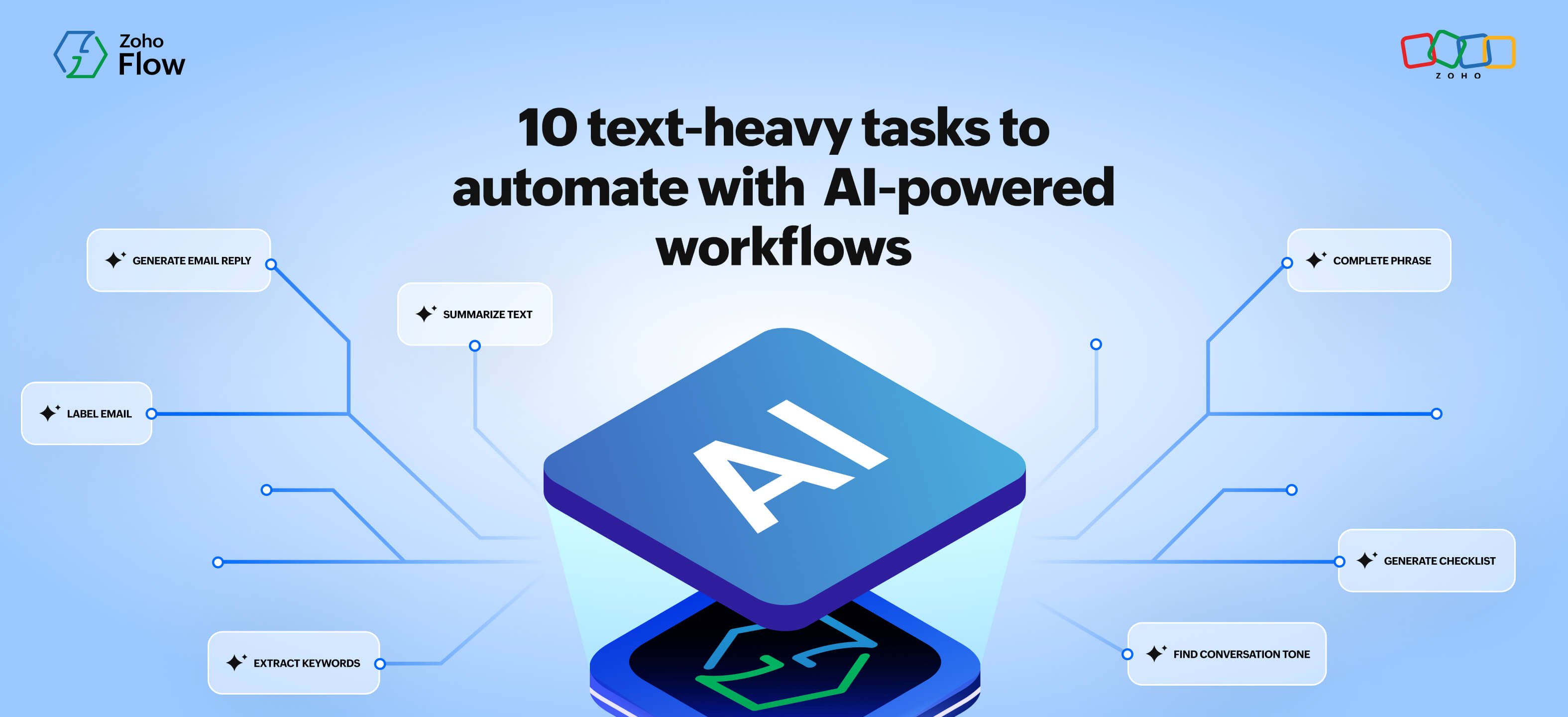How to delegate effectively
- Last Updated : November 11, 2023
- 3.2K Views
- 3 Min Read

Automation is talked about a lot in this blog because it saves time and money for your organization. However, like we’ve already discussed, all the automation in the world cannot replace a person. As a business owner, if you have too many complex tasks that can’t be automated like content creation, customer support, or sales, it’s a sign that you need to start delegating. What you have is not actually a list of repetitive tasks that can be automated away, but rather job descriptions for roles that need to be filled by skilled workers.
Delegating might not come naturally to you if you’re used to doing everything by yourself, but the sooner you do it, the more time you will have to focus on other responsibilities.
Here are some steps to start delegating easily:
Be clear about the role
If you’ve been doing all the work, you will no doubt know the role better than anyone. However, it’s important to outline the job specifics for the sake of clarity. You’ll be handing the role over to someone who will not have the context and experience you do. It might be a good idea to document job details like deliverables or common challenges. Include what kind of traits would be most suitable for this role and how this role can expand in the future. Clear documentation can even help you determine if there’s already a person in your organization who would be a good fit or whether you’ll have to hire someone new.
Pick the right person
Delegation is a multi-step process. While each step is important, finding the right person for the job is a stage that shouldn’t be rushed. There’s nothing worse than hiring a person who is not well-suited for the role or leaves after just a month or two. Make sure the person you’re looking to hire not only has the necessary skills, but actually likes the job enough to stick around. Have open conversations about the role with potential candidates. Ask them which aspects of the role they’d find fun and which would be challenging. Talk to them about how you envision this role evolving in the future.
Set deadlines
While you don’t have to set hard deadlines right off the bat, you should start small. It’s best for the new team member to get into the habit of finishing tasks as soon as possible. Give them small tasks in the beginning, and help them out as much as they need. As they get more comfortable with the role, you can gradually hand over more work.
However, right from the point where they’re just starting off until they become more familiar with the job, you should promote a culture of clear goal-setting, communication, and adherence to deadlines.
Invest time in training and support
Delegation requires you to invest more time during the initial stages. It will take more resources to find a suitable candidate and manage them. However, the return on investment is worth it, and the quality of work will improve.
One of the most important things you can do for the new recruit, yourself, and the integrity of the role is to invest time in training. Depending on the nature of the work, training can be done on the job or separately. This initial phase when employees are just starting out are the periods of most growth. They’re going to learn new skills but will also make mistakes along the way. It’s your job to not only be encouraging when they make mistakes, but also provide them with educational materials and point them in the right direction.
Check in
While it’s important to guide your new recruit and provide assistance whenever required, you must resist the urge to micromanage. However, that doesn’t mean you shouldn’t have a way to check their progress. You can perhaps have them send you a weekly summary of the tasks they’ve been working on. This way, you can let them do the work in the way they see fit and still maintain accountability.
Delegate authority along with responsibility
Once the person you’ve delegated the work to is progressing well, it’s time to let them make decisions. Remember that the purpose of delegating work to another person is so that you have time to focus on other things. After a while, you wouldn’t want them to need your approval about every aspect of their role. Delegating that authority to them empowers employees and encourages them to be creative and responsible. Work towards a point where the delegated work is completely handled by the employee from start to finish. All you have to do is keep an eye on their reports.
By all means, automate as much as possible. But when you’re in a position where you are spending an increasing amount of time on higher priority tasks, don’t be afraid to delegate. It’s how a business grows.
 Karthick
KarthickContent Marketer for Zoho Flow. Passionate about helping businesses make better use of technology.


